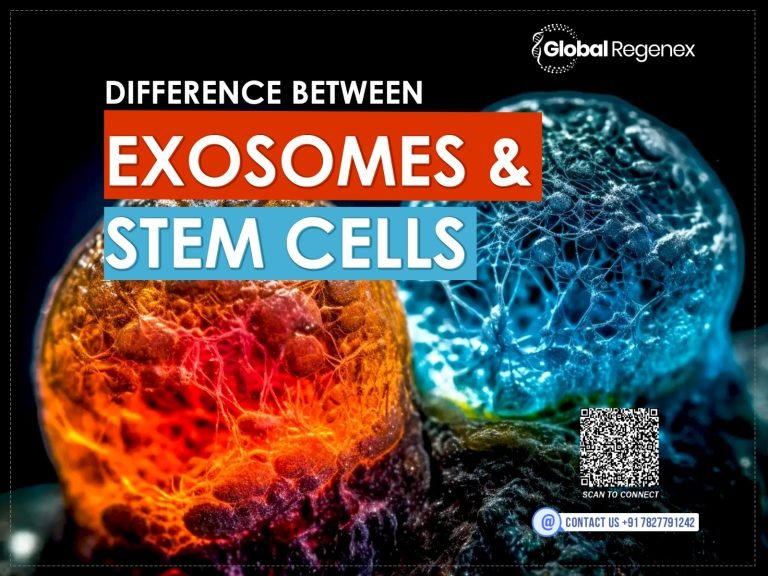Difference Between Exosomes and Stem Cells
June 11, 2025
•
Global Regenex
If you have been searching for advanced options for healing, recovery, or anti-aging treatments, it is probable that you...
Read More →


